Aspects of Meaning Construction.
Meaning does not reside in linguistic units but is constructed in the minds of the language users. Meaning construction is an on-line mental activity whereby speech participants create meanings on the basis of underspecified linguistic units. The construction of meaning is guided by cognitive principles. The contributions collected in the volume focus on two types of cognitive principles guiding meaning construction: meaning construction by means of metonymy and metaphor, and meaning construction by means of mental spaces and conceptual blending. The papers in the former group survey experiential evidence of figurative meaning construction and discuss high-level metaphor and metonymy, the role of metonymy in discourse, the chaining of metonymies, metonymy as an alternative to coercion, and metaphtonymic meanings of proper names. The papers in the latter group address the issues of meaning construction prompted by personal pronouns, relative clauses, inferential constructions, “sort-of” expressions, questions, and the into-causative construction.
{{comment.content}}
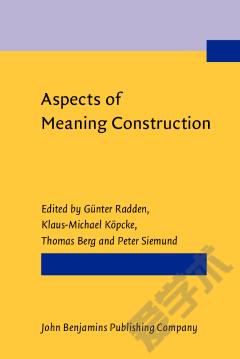
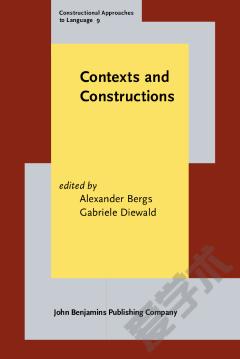

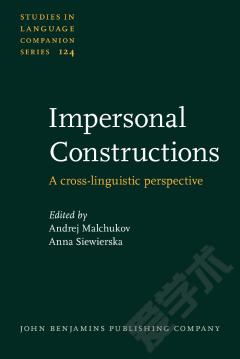
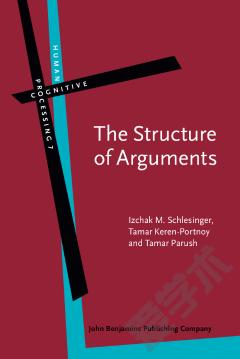
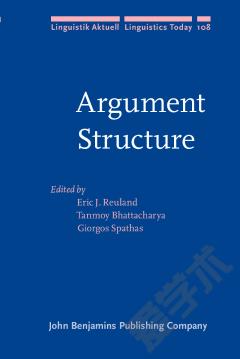
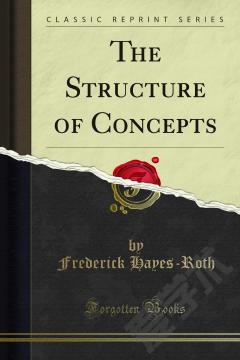

 京公网安备 11010802027623号
京公网安备 11010802027623号